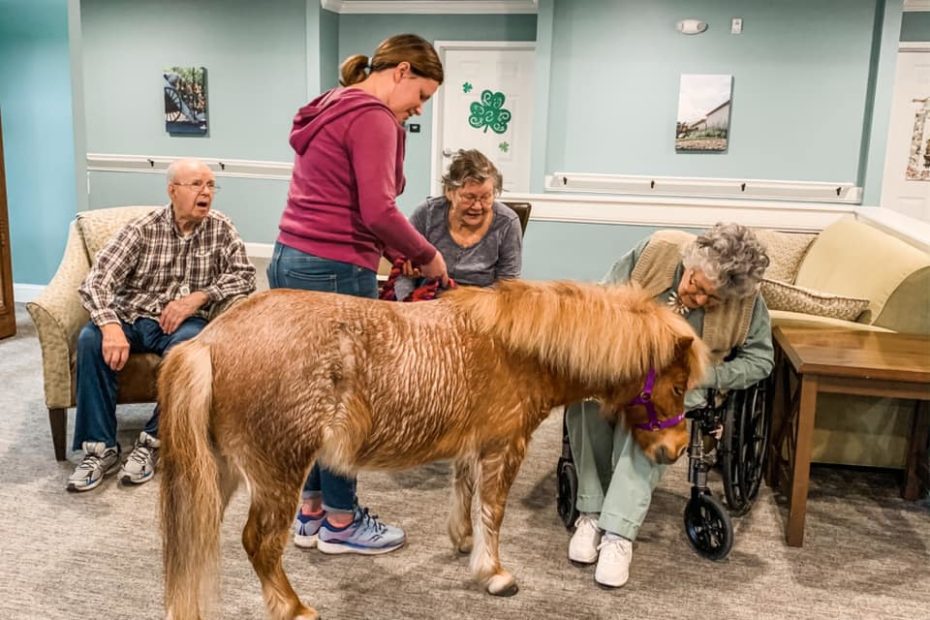Large Study Links Gum Disease with Dementia
Seniors in the Lehigh Valley-Allentown area may be at risk of dementia from an unanticipated cause: gum disease. South Mountain Memory Care in Emmaus, PA, wants you to be aware of the research on this link.






